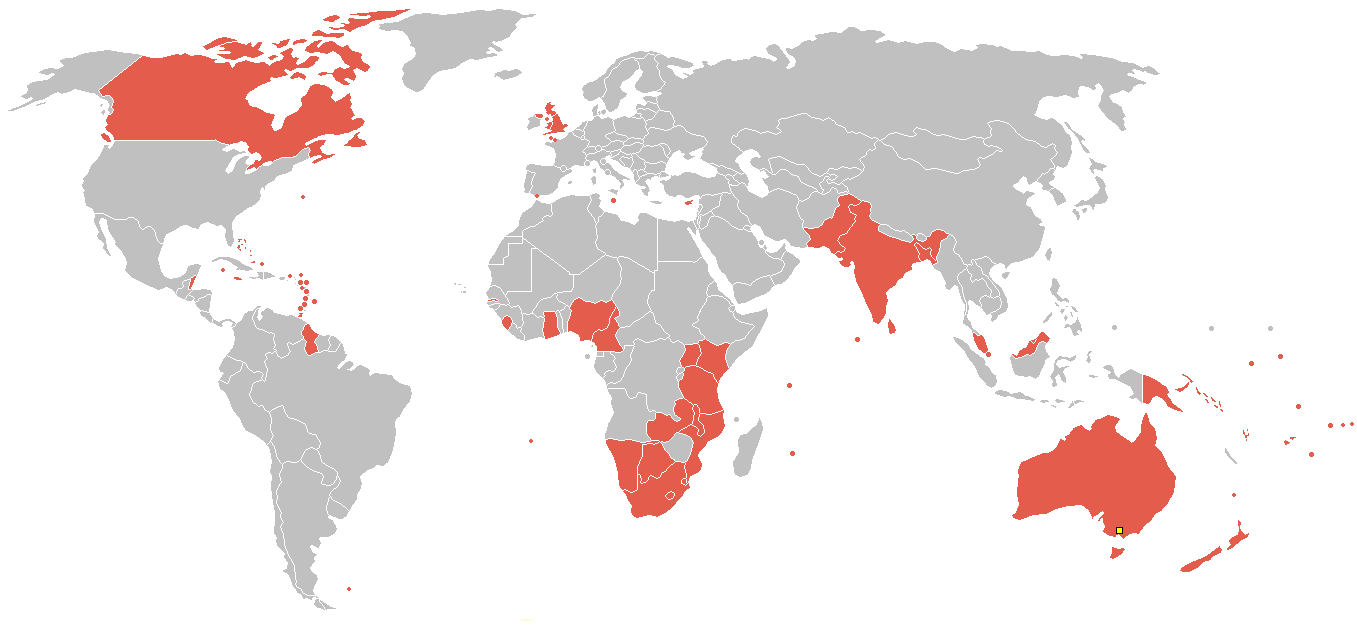Princess Anne is off to tour Papua New Guinea. The country’s prime minister has made it clear that Papua New Guinea won’t be following fellow Caribbean Commonwealth members with their transitions to republics.
Commenting on his reasons for this stance, the prime minister stated:
"It's also about uniting ourselves with the other Commonwealth countries that this country can benefit from through trade and economic stimulation and also security"
We hear this fairly often - claims that the Commonwealth represents trade, economic or defence ties. None of this is true. What is true is that the Commonwealth does offer a forum for countries with similar systems of government, legal systems and of course the English language. The Commonwealth “family” features a number of very useful organisations that do a lot of work that gets little coverage - mainly because the Royals hog the limelight or treat the Commonwealth as one big photo opportunity.
In the minds of many people, there’s a link between the British monarch and our head of state and membership of the Commonwealth. We know from our own polling that this link is significant enough that, once it’s pointed out that we would not have to leave the Commonwealth on transitioning to a republic, around 10% of voters change their minds in favour of a republic (that’s why we’ve complained about Newshub’s inaccurate broadcast of a poll asking whether we should have our own head of state and leave the Commonwealth).
But when even the prime minister of Papua New Guinea cites the Commonwealth’s non-existent trade, defence and ecnonomic ties, as a reason to keep a head of state on the other side of the world, we clearly have a way to go yet.

